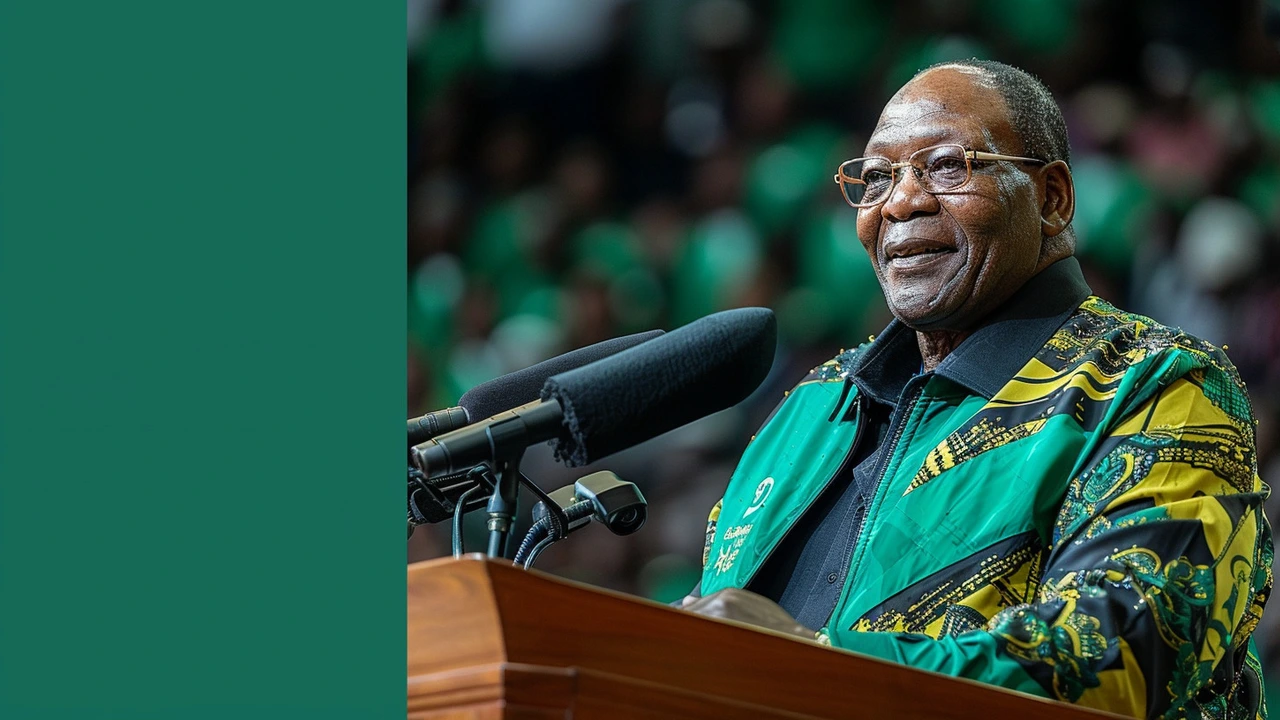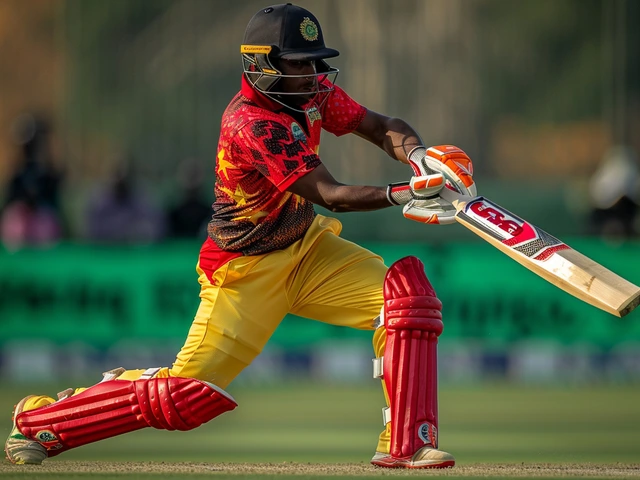Election results: latest African outcomes and what they mean
We track election results across Africa and explain what they mean for everyday people. This tag page collects fast updates, clear summaries, and follow-up reporting so you can see who won, why it matters, and what happens next. We cover official tallies, legal challenges, protests, and the policy shifts that follow each vote.
Why pay attention? Election results decide who sets budgets, runs services, and shapes laws that affect jobs, schools, and movement. A change at the top can mean new trade rules, shifts in security policy, or different approaches to migration and foreign investment. We connect the numbers to real effects so the headlines stop being abstract.
How we cover results
On vote nights we post quick updates from electoral commissions and statements from major parties. We use observer reports, court filings, and on-the-ground accounts to confirm disputed claims. Our coverage includes background explainers — for instance, stories about Joseph Kabila’s return to Goma and the long shadow of Nigeria’s June 12 annulment show how result disputes can shape politics for years.
We also follow the aftermath: resignations, protests, and policy moves that reveal the new balance of power. If a result triggers a runoff, recount, or legal appeal, we map the timeline and show what each step means for governance and daily life. That helps you understand not just who won, but what powers they gained.
How to follow and verify results
Start with the official electoral commission for tallies and certified documents. Check statements from credible observer missions like the African Union, ECOWAS, or respected NGOs. Cross-reference with local reporters and multiple news outlets before sharing results. Viral screenshots or unverified social posts often misstate counts or invent dates.
If results are contested, look for formal legal filings and hearing schedules. Recounts and court orders are public records in many countries. Pay attention to independent tallies posted by accredited observer groups; they often reveal discrepancies early. Watch for patterns: sudden changes in vote totals in one area or a late release from a single office can be red flags.
Safety tip: if you live in a place where tensions rise after results, avoid large crowds and follow local advice from trusted community leaders. Document anything important safely — a phone photo of an official notice or a recording of a statement can help reporters verify claims without risking harm.
We also explain post-result policy moves like cabinet picks, budget shifts, and international reactions. Watch who controls key ministries and how donors respond; those signals shape the first 100 days.
Want quick alerts? Follow this tag, sign up for our newsletter, or turn on site notifications. We publish tallies, explainers, and follow-ups so you get the full story. Have a tip from your polling station? Send it along with photos or documents. Local information speeds verification and makes reporting sharper.
Election results are the start of a new political chapter. We aim to make that chapter clear, factual, and useful so you can understand how votes translate to everyday change.
Public Interest SA strongly condemns MK Party leader Jacob Zuma for his comments on the Independent Electoral Commission's announcement of election results. Zuma's remarks, which suggested provocation and hinted at legal action, have drawn substantial criticism, particularly due to the lack of evidence provided by theMK Party.
Recent-posts
Jun, 2 2024






